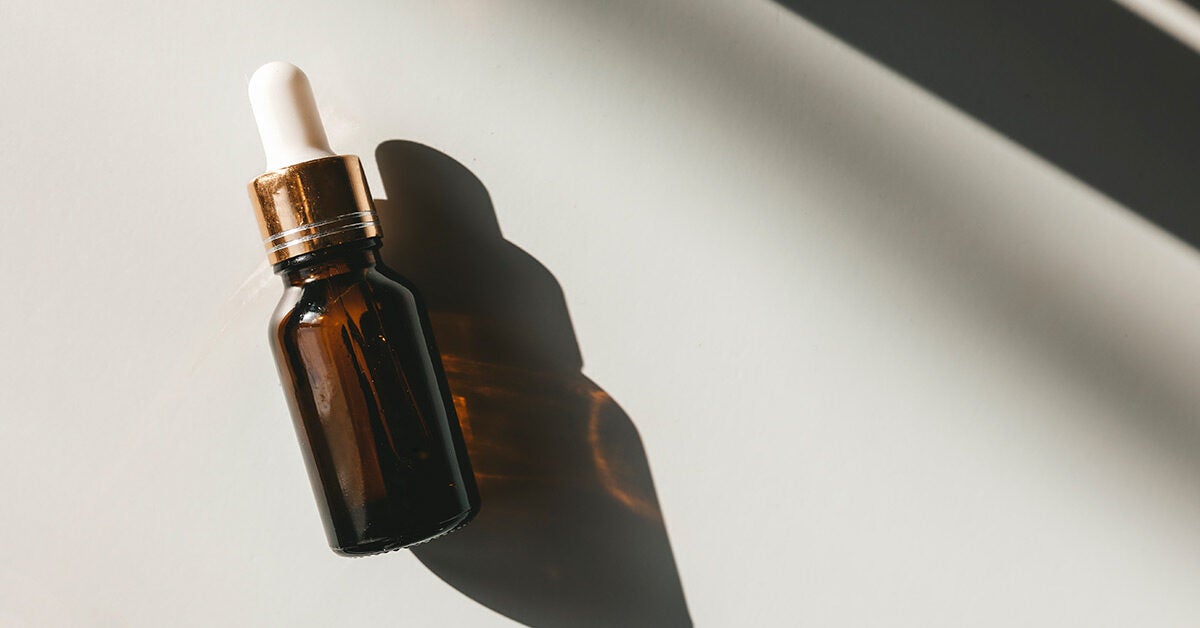Doctors who import and prescribe unapproved medical cannabis products are being warned by Medsafe that they should do so “in moderation,” as it investigates multiple complaints about six doctors or medical cannabis clinics for breaching the Medicines Act.
Medsafe said other people had been warned about the advertising as the country’s slow medical cannabis system began to fly.
For 18 months, companies have spent millions trying to obtain manufacturing licenses and product approvals according to the strict rules of the plan. But the requirement for products to meet minimum quality standards does not apply to doctors, who can import cannabinoid products (CBD) directly for patients, under section 25 of the Medicines Act, or unapproved THC products ministerial.
The law requires that an importer have available for inspection the test specifications of the imported drug and a certificate of the test results of each batch. A certificate must also be provided that verifies that CBD products meet the product definition.
READ MORE:
* The first company obtains a license to manufacture medicinal cannabis
* Tens of millions of dollars … there is still no local medical cannabis industry. What went wrong?
* Pharmacies accused of overloading patients with medical cannabis
Some members of the industry Stuff speaks to believe that section 25 is ripe for the exploitation of professionals. Many clinics specializing in medicinal cannabis have emerged since the scheme was enacted. While it is illegal to advertise products, Stuff is aware of the sale of white labeled or unapproved products by these clinics, along with some approved products.
Abigail Dougherty / Things
When the transition period ends so that patients can more easily access unapproved cannabis medicinal products, doctors are warned not to import large amounts of unapproved products.
Medsafe group manager Chris James said the ministry would be concerned if doctors imported “large quantities” of unapproved products. There are six approved products in New Zealand.
When asked to clarify what Medsafe would consider “large quantities,” James said, “What is important to reiterate is that physicians should prescribe products that are verified to minimum quality standards, given the availability of some verified products. .
“Section 25 … provides that authorized prescribers shall apply professional criteria in relation to the suitability of a particular product for each individual patient, shall weigh the risks and benefits of prescribing a product that has not been evaluated to meet the requirements. minimum quality standards and ensure that the patient has been informed of this, understands it and gives their consent.
“Authorized prescribers have this professional duty. The expectation is that this exemption will be used sparingly.
Chris McKeen / Things
Dr. Mark Hotu, a green doctor who prescribes and emits cannabis-based products, says the Ministry of Health’s crackdown on unapproved products is ridiculous.
Dr Mark Hotu, who runs Green Doctors in Auckland, said the ministry’s warning not to import in bulk made little practical sense.
“If you are a GP and you have Joe Bloggs, you can import this product just for him. If you are a clinic like us and you have 2000 patients, how does that differ? What if you have to order 2000 bottles? Then it’s mass import, right? I do not know.”
A letter sent by the Ministry of Health to pharmacies and clinics at the end of a transitional period, allowing the sale of unapproved products until 1 October, ordered that any banned product obtained by wholesalers in New Zealand should not be could dispense and should be destroyed.
Hotu said he had to return about 1,500 bottles of Theraleaf CBD oil to his New Zealand wholesaler, but if he wanted to re-prescribe the product, he could import the same product himself from Spain. “The crazy thing, crazy, crazy is that they will probably send us the same bottles. How ridiculous is that? What’s the difference? “
Ross Giblin / Things
Sally King, executive director of the NZ Medical Cannabis Council, said she would be concerned if business models were based on importing unapproved products.
The price difference between the Theraleaf product and an approved Tilray product was about $ 200 a month, which was significant for patients, Hotu said.
New Zealand Medical Cannabis Council director Sally King said section 25 was meant for doctors to be able to provide specialist medicines for a small market and the act had to be delayed to cool off.
“I don’t think section 25 was thought to be a way to allow patients significant volumes of product that was not approved or without a quality standard; I just don’t think that’s the intention, “King said.
“I question the legitimacy of a business model that depends on importing products that are below New Zealand standards. That said, some of the specialist clinics have more skills in prescribing medicinal cannabis than a GP. They have done training, (but) they should be able to operate with NZ products. It should not depend on them trying to sell unapproved products. “
Although King said the problem of patient affordability would be resolved “over time” as more products hit the market, New Zealand medicinal cannabis growers have struggled to get product approval.
Only four CBD and THC products, manufactured by Tilray, have been approved, while the first two products from a New Zealand supplier, Helius Therapeutics, have entered the market this week. Helius and Rua Bioscience are the only two companies licensed to manufacture. Rua Bioscience is working to get approval for a CBD product. Helius refused to talk about their prices.
Medsafe said more products were being evaluated, with approval decisions planned in the coming months. This week, Health Minister Andrew Little told RNZ that he had no sympathy for local businesses that had received enough notice to seek approval for their imported products or leave them behind.









